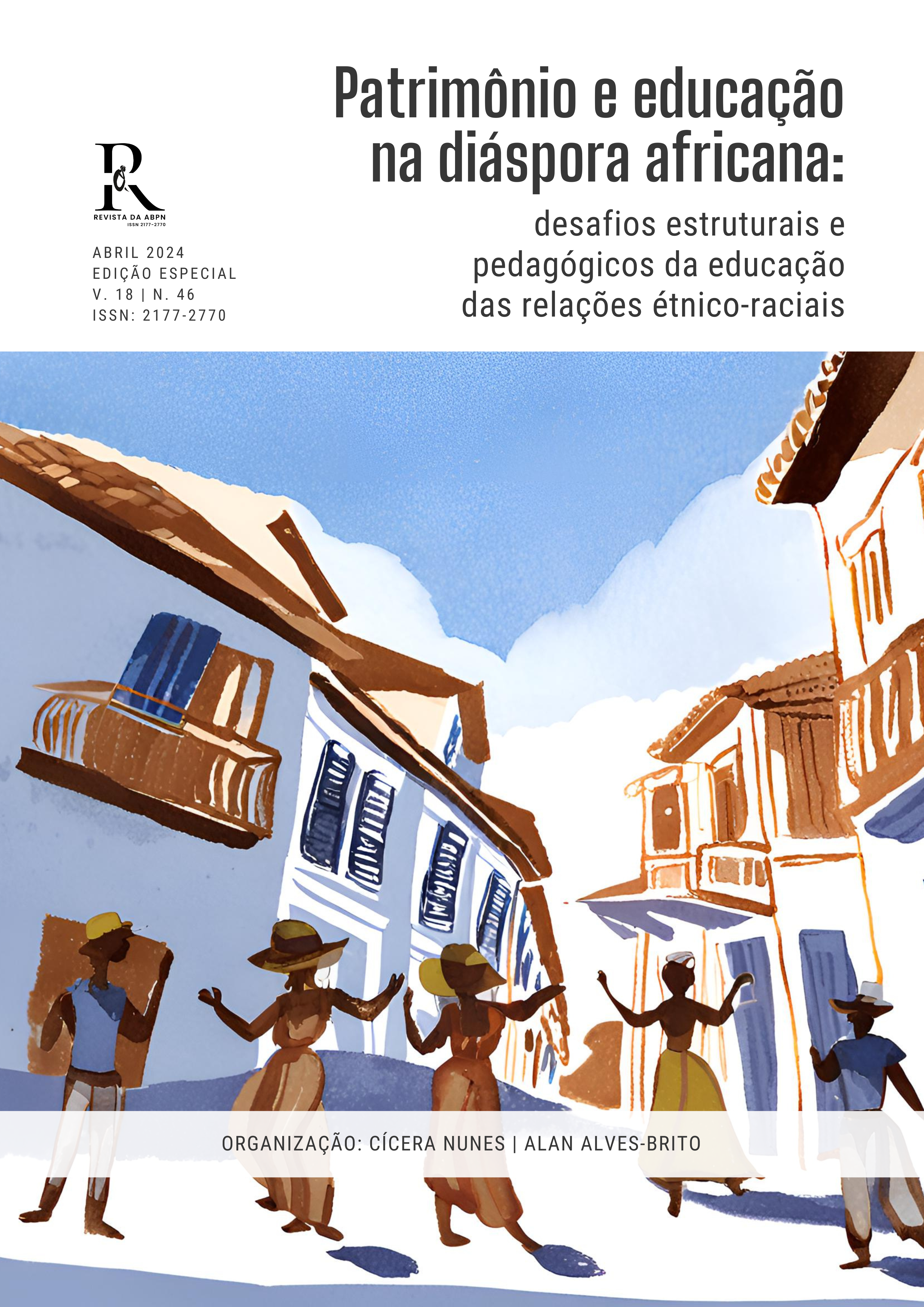LEATHER AND THE COWBOY AS AN AFRICAN LEGACY IN CARIRI CEARENSE
Main Article Content
Abstract
The objective of this article was to analyze the African-based technologies present in Ceará, especially in Cariri. We understand that the Carirense territory is deeply marked by elements of African culture, constituting Africanities. Among the cultural elements of African origin, we highlight leather as an important commercial product that was already developed by African populations in Africa and which was transferred to Brazilian territory during criminal slavery, reformulating culture, sociology and the economy. We also studied the importance of technical and technological knowledge of the cowboy's work. To understand the Brazil-Africa relationship, in this study we used the research on Afro-descendance systematized by Cunha Junior (2001), which allows us to recognize a new African sociological history in the production of Brazilian geographic space. In addition to this important pan-Africanist intellectual, we also visited the references of the General History of Africa volumes. To expand knowledge about the history of leather and the work of the cowboy and other signs of Africanities in places, we consider that the various areas of knowledge production must implement Law 10.639/03, which requires the study and recognition of African and Afro-descendant history.
Article Details

This work is licensed under a Creative Commons Attribution 4.0 International License.
Copyright Statement
- Authors retain copyright and grant the journal the right of first publication, with work simultaneously licensed under the Creative Commons Attribution License CC-BY 4.0 which allows the sharing of the work with acknowledgment of the authorship of the work and initial publication in this journal.
- Authors are authorized to enter into additional contracts separately for non-exclusive distribution of the version of the work published in this journal (eg, publishing in institutional repository or book chapter), with acknowledgment of authorship and initial publication in this journal.
- Authors are allowed and encouraged to post and distribute their work online (eg in institutional repositories or on their personal page) at any point before or during the editorial process, as this may lead to productive changes as well as increase impact and citation of published work (See The Effect of Free Access).

